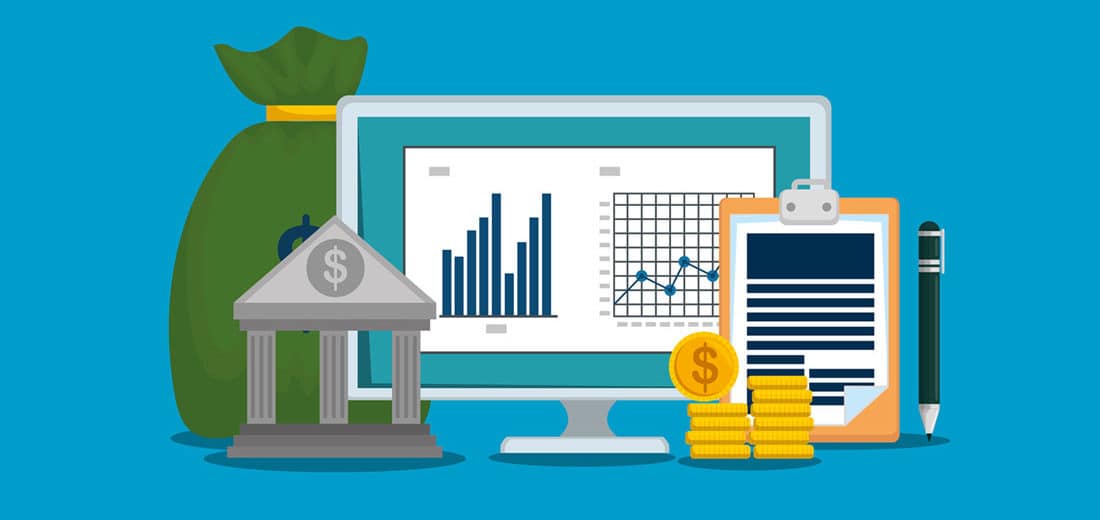Taxes, Service Bills and System Integrators
Before you get too upset about your ever-growing local taxes and municipal service bills, let’s look at some valid reasons for their increase. I’ll bet you never thought of how systems integration affects these bills. In fact, the poor state of some of our basic infrastructures has caused a rather large increase in the cost of some of the basic services we all take for granted, like water supply and sewage services. Both of these industries have been available to people and businesses for many years, and like most things, they are desperately in need of upgrades and repairs just to keep pace with the ever-increasing population.
In addition, concerns around the security and quality of our existing systems are increasingly important reasons to evaluate and upgrade current infrastructures. The government and public sectors have determined there are specific guidelines that need to be met, monitored and qualified by these industries for quality and safety of our water. Some of these guidelines are due to ground contaminations and environmental issues, while others are purely safety reasons that stem from threats from ourselves; namely terrorism.
Now I have your attention. Everyone wants to be sure the water they get from their faucet is clean and secure from nasty beasties that come from the environment or from someone with a social, political or personal vendetta.
In order to obtain this level of confidence in your water provider, there is an immediate and critical need for updating the systems currently in place that monitor, control and alert when things go awry. Most systems in place now were built on 1950-1980 technology that only ensured the water met clarity standards and maintained a specific antibacterial level, namely chlorine measurement. This water comes from reservoirs, lakes, streams and the aquifer or ground water. For the most part, these water sources are open and unprotected. New means of detection of water contamination, storage, and distribution are needed to ensure what we get from our faucets is indeed safe.
Municipalities and private companies are tasked to meet the requirements and, as a result, are undergoing drastic upgrades in basic water storage and delivery systems as well as implementing sophisticated, intelligent automation systems at the core of their processes. System integrators (SI) must be on top of the automation knowledge curve as well as the system and software security issues today. SIs bring these solutions and more to address specific process and safety needs as well as implement the designs.
Most work being done today in these industry sectors are wholesale replacements of older, noncompliant systems that cannot achieve today’s demands, much less those requirements projected for the next 10 to 30 years. This results in higher capital costs now with an end goal of lowering operating costs through more efficient operations. While the short terms pain is real in taxes and fees, the long term gain of efficiency and security will be worth it
What are your thoughts on the state of our infrastructure and how to balance the demands of today’s world with the reality of costs and efforts to achieve it?
Image Source: studiogstock









